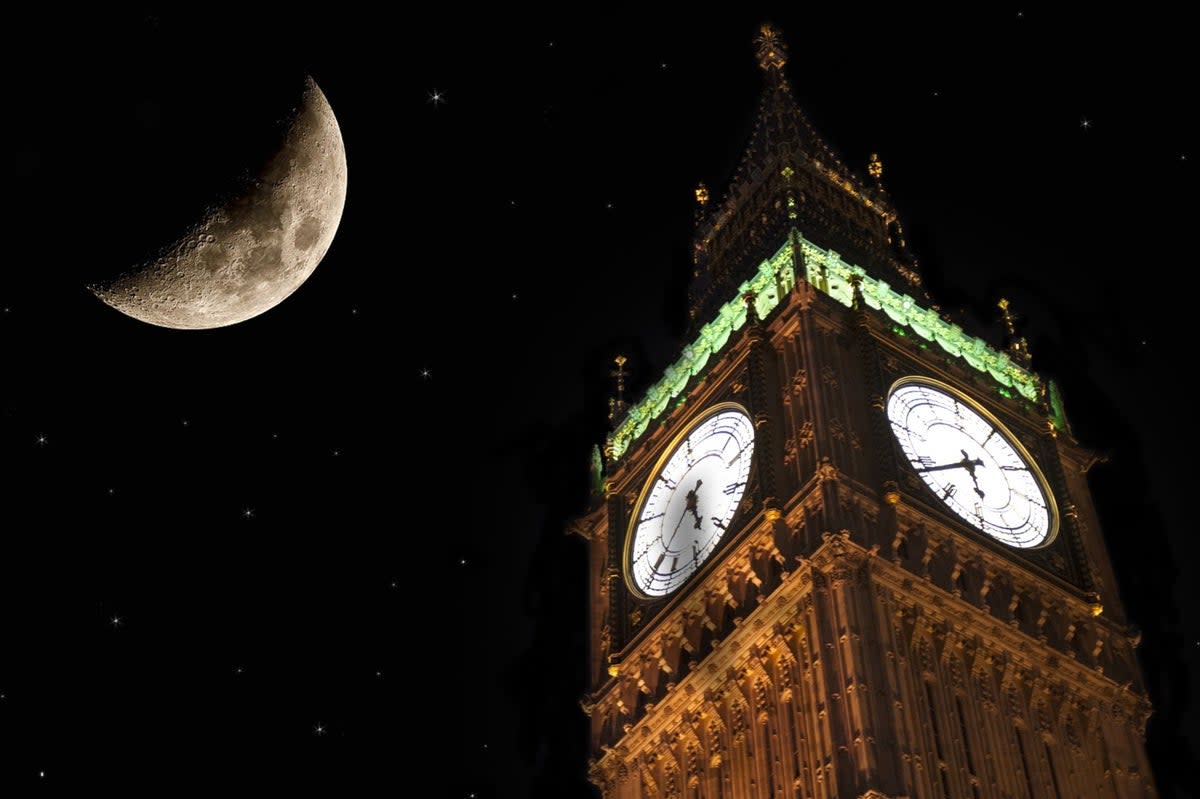Greenwich Moon Time: Nasa to set up lunar time standard, where seconds tick faster than on Earth

Nasa is working to create a new standard of time for the Moon that will see clocks move faster than on Earth, according to a White House memo.
The US Office of Science and Technology Policy (OSTP) directed the US space agency to set up a moon-centric time reference system that accounts for its differing gravitational forces.
In a memo on Tuesday, OSTP chief Arati Prabhakar noted that Earth-based clocks would appear to lose 58.7 microseconds per Earth-day as a result of these factors.
Nasa has until 2026 to set up a unified time standard, which Ms Prabhakar referred to as Coordinated Lunar Time (LTC). It will then be used by astronauts, spacecraft and satellites that require highly accurate timekeeping.
“An atomic clock on the moon will tick at a different rate than a clock on Earth,” said Kevin Coggins, Nasa’s top communications and navigation official.
“It makes sense that when you go to another body, like the moon or Mars that each one gets its own heartbeat.”
Last year, the European Space Agency said Earth needs to come up with a unified time for the moon, where a day lasts 29.5 Earth days.
The International Space Station, being in low Earth orbit, will continue to use coordinated universal time or UTC. But just where the new space time kicks in is something that Nasa has to figure out. Even Earth’s time speeds up and slows down, requiring leap seconds.
Unlike on Earth, the moon will not have daylight saving time, Mr Coggins said.
LTC should be in place by the time Nasa launches its first crewed missions to the Moon as part of its Artemis program, which aims to establish a permanent human presence there before the end of the decade.
Other countries have also announced plans to send people to the lunar surface, including China and India.
The moon missions mean the lunar economy is predicted to be worth £120 billion by 2040, according to estimates from the European Space Agency.
Private companies like SpaceX and Astrolab are expected to play a key role in developing this emerging sector, providing equipment and even potentially sending tourists to the Moon once bases are established.
Additional reporting from agencies


